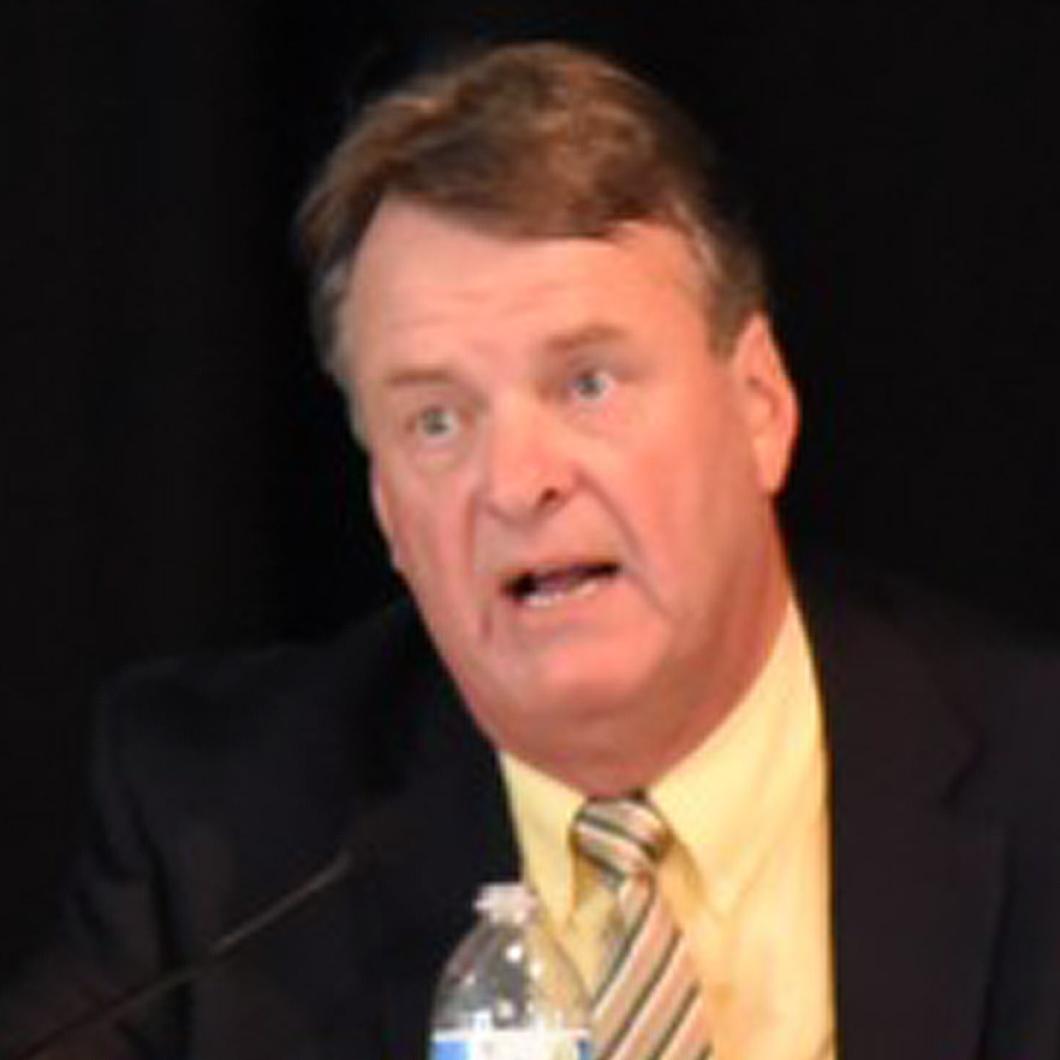The Massachusetts primary is next Thursday, Sept. 8. and four candidates — two Democrats and two Republicans — are in the primary runoff for the state senate seat being vacated by Sen. Dan Wolf. The Gazette emailed customized questionnaires to each announced candidate for office asking them to answer two general questions: why Martha’s Vineyard voters should elect them and what their qualifications were for office. The legislative candidates were also asked about their priorities.
James H. Crocker Jr.
Barnstable (Osterville) Republican
State Senate Candidate
Statement
During my 13 years of service on Barnstable town council, we resolved issues surrounding the ferry activity in Hyannis Harbor, giving me a unique understanding of the harbor’s role in ferry transportation. Environmental issues, state permits, connecting transportation, seasonal peaks, harbor shoaling and dredging maintenance are just some of the harbor issues I have worked on in Barnstable. I served four years as the liaison to the Barnstable Municipal Airport Commission, giving me great insight into the state and federal interaction between operations, expansion and rebuilding of the facilities. If elected senator I could be expected to participate in meetings, absorb ideas and resolves for these two major lifelines. Operational needs of towns would be well served by my 28 years of elected service in fire, water and municipal positions. My human services concerns for the district are that alcohol and suicide stay in the same conversations as opioid use when discussing action plans.
Qualifications
A unique qualification is an understanding of our coastal economy, job creation and the intricacies of small business ownership. My education in Barnstable was followed by a bachelor’s degree in economics from Suffolk University. I am in my 33rd year as a small business owner in real estate sales and construction. I hold Massachusetts state licenses as a real estate broker, construction supervisor, home improvement and certified Title V system inspector. My businesses have created jobs in real estate sales, development, building and maintenance. My diversified business partnerships have created jobs in a franchised hotel chain, a professional engineering firm, a medical day surgery facility, and by investing as a founding father of a local startup bank. My 28 years of elected public service (stated in previous question) has continually illustrated the disconnect between government and small business. Including small business at the table will improve government ordinances, permits, licenses, and zoning.
Priorities
1. The need for the state to return a fairer share of the district’s revenues for hotel/motel tax, lottery revenue, and school funding, while stopping unwarranted taxes on our citizens.
2. The need for the state to assist us with funding for human service needs of the district, including opioid use, alcohol use, and suicide prevention.
3. The need for the state to be a better partner in the regulatory and permitting process for towns, small businesses, and their citizens. This would also include open and honest hearings for rate increases of home and auto insurance.
4. The need for the state to promote small business expansion through appropriate regulation and funding of initiatives such as workforce housing and small business investment and tax credits.







Comments
Comment policy »